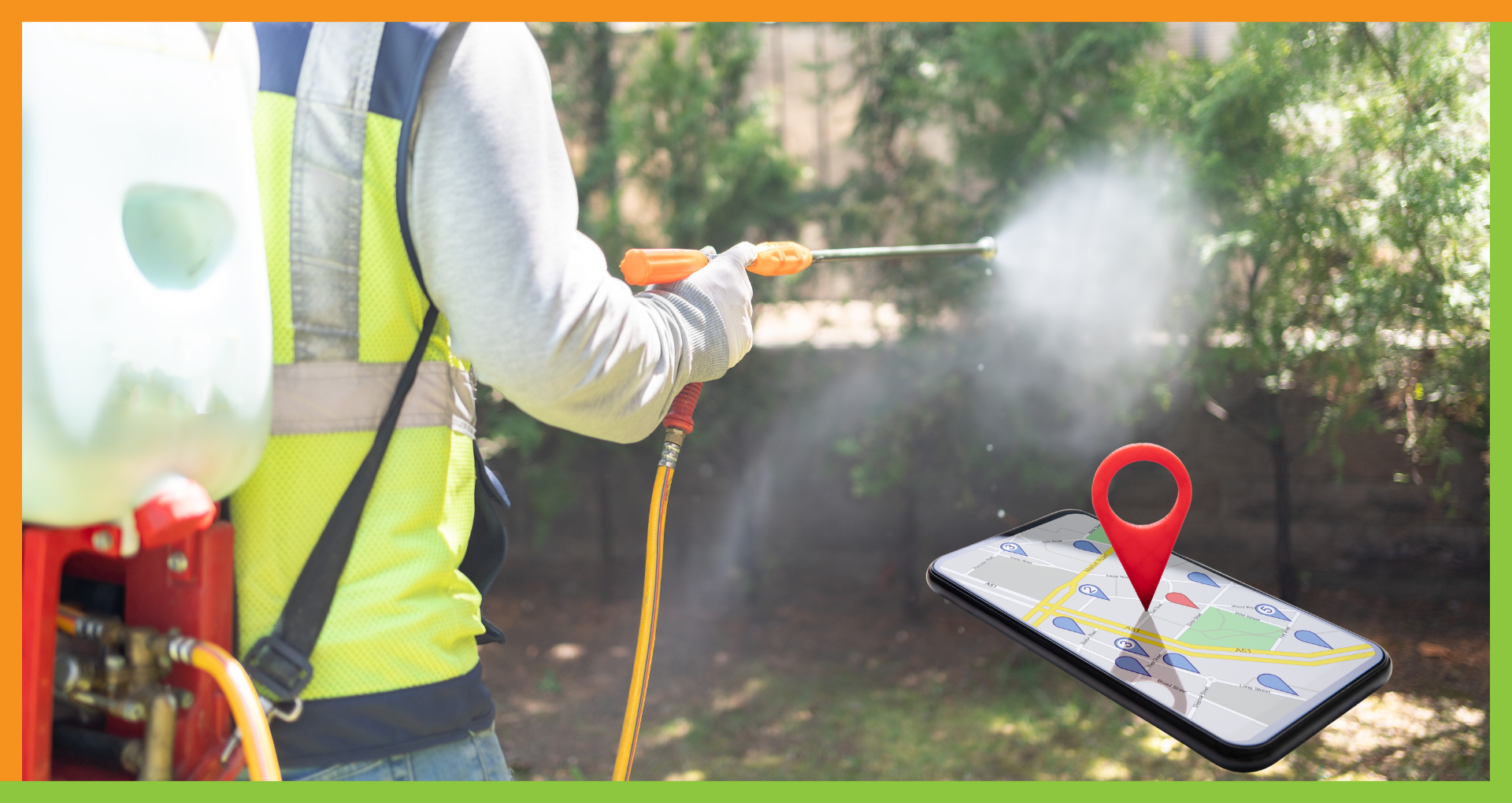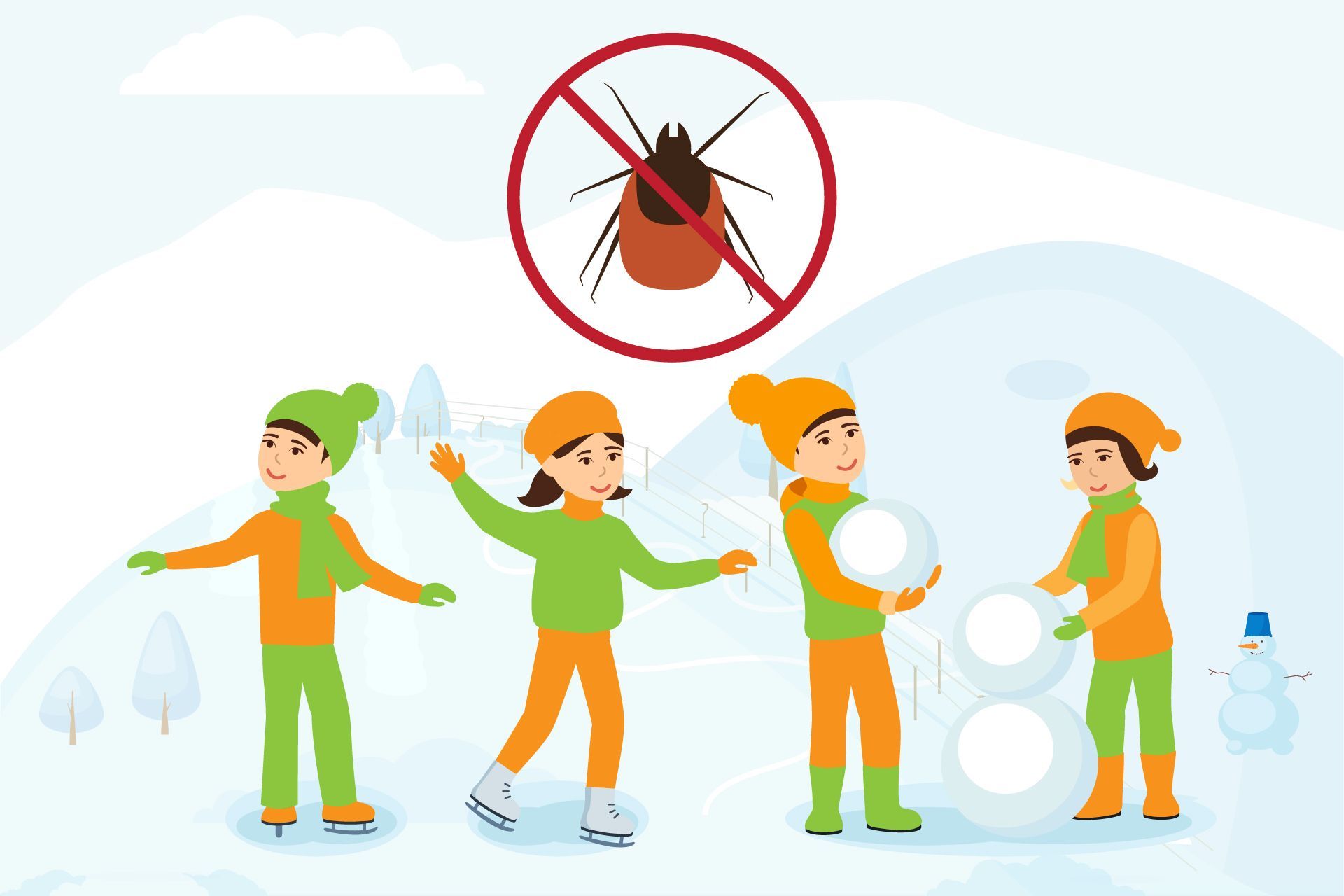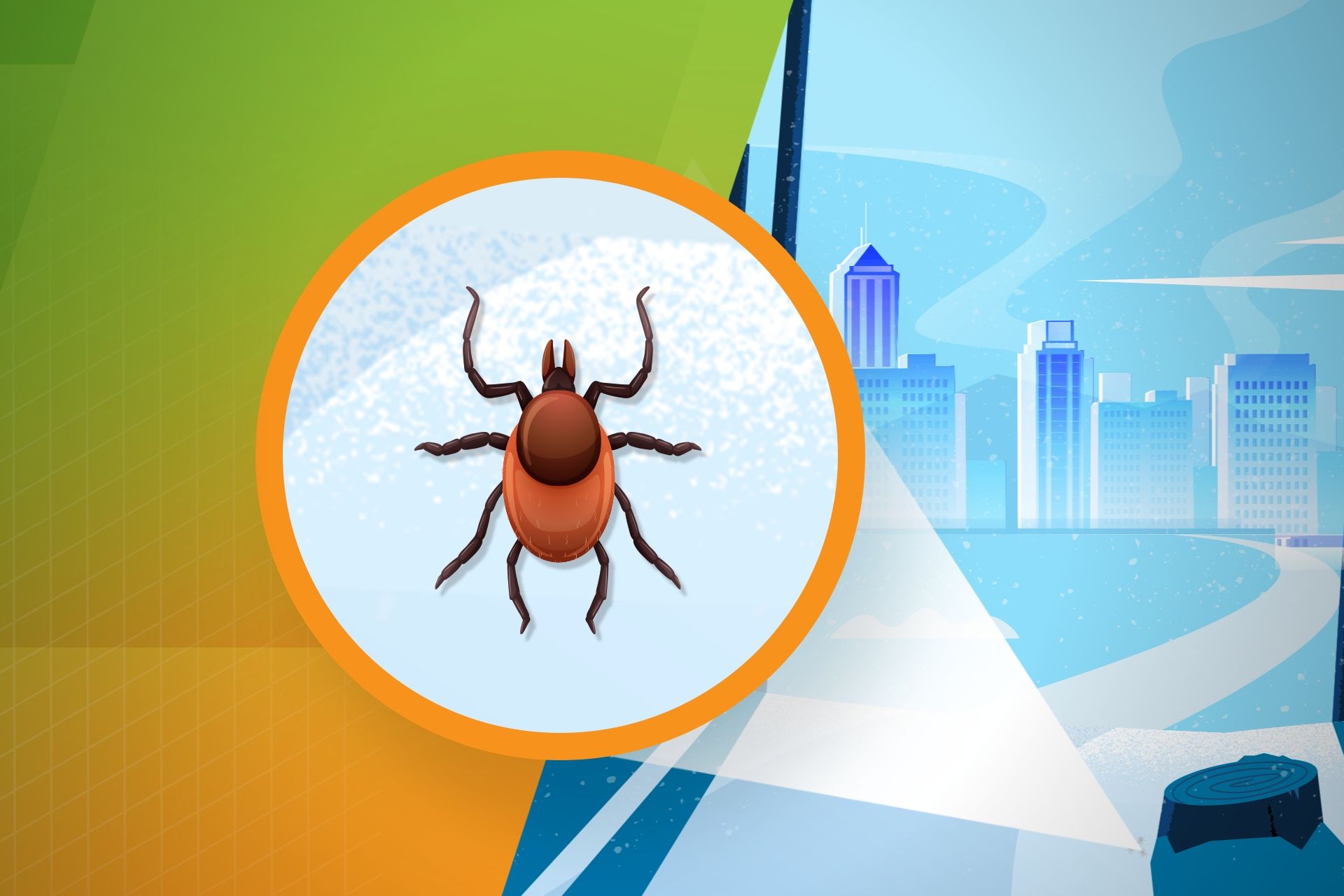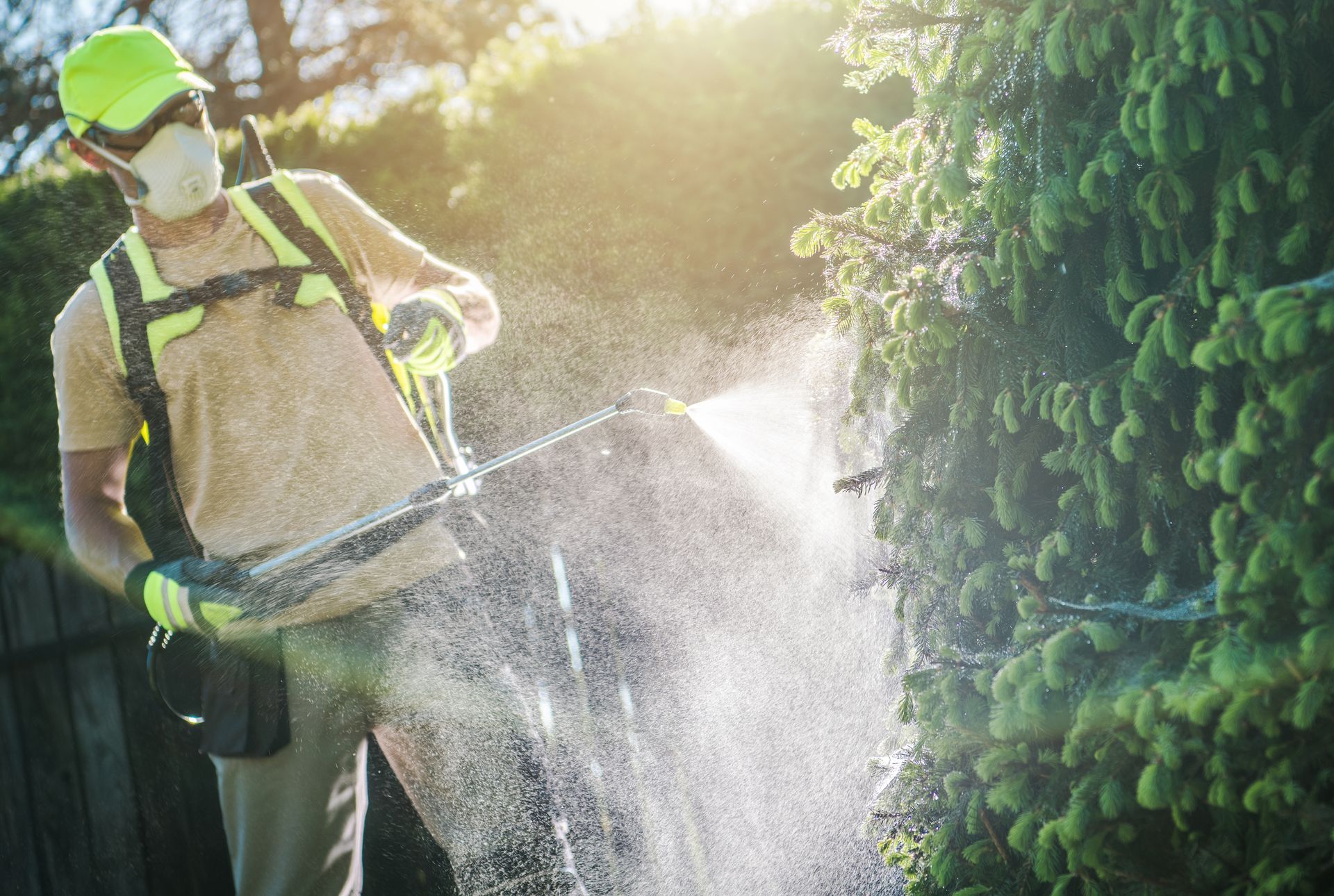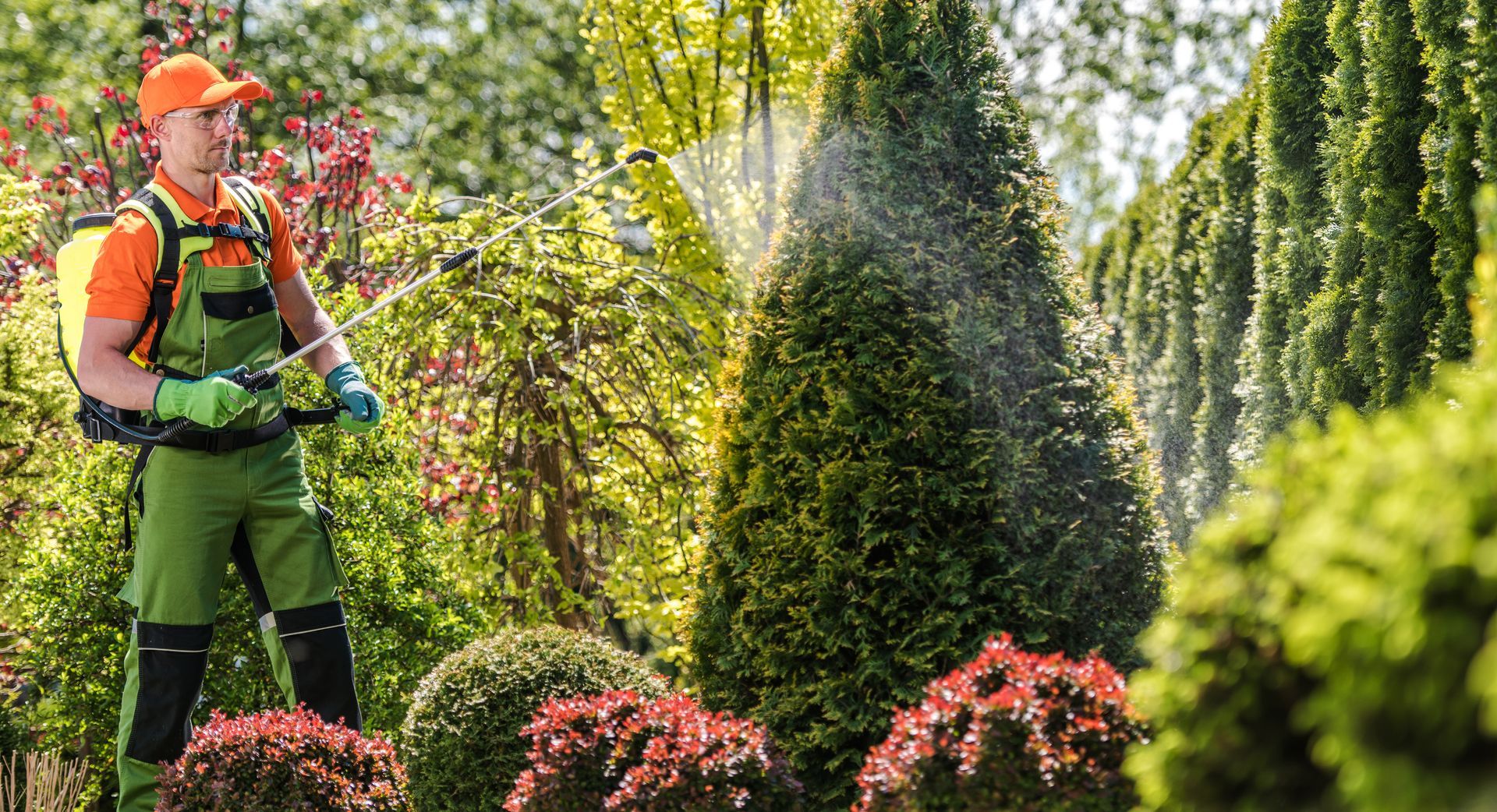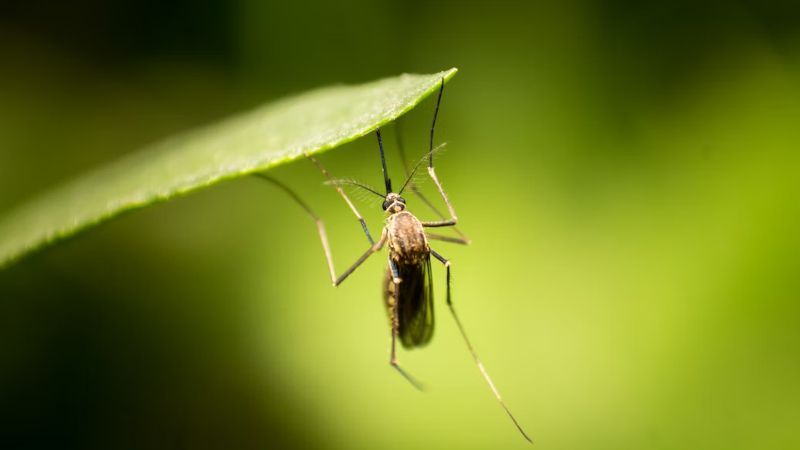Tick Bites Are on the Rise in New Jersey: Here’s What You Can Do About It
We have some grim news, but hang in there with us. There’s hope too!
New Jersey is currently grappling with one of the most severe tick seasons in recent years. Some truly alarming statistics were shared in this article from NJ.com: according to the Department of Health data, the state has recorded 1,095 tick-related emergency room visits in 2023 alone, putting it on track to surpass the 1,312 reported in all of 2022.
This rise poses significant health concerns, as Lyme disease and other tick-borne illnesses are proliferating not only within the state but across the nation.
We really encourage you to read the whole article, outlining how experts are doubling down on tracking tick encounters and identification. The goal is to raise awareness, thereby lowering the volume of tick-borne illnesses.
At Bite Guard, we’re working hard to raise awareness too. As these numbers skyrocket, tick control is becoming less optional all the time. We want to help you keep your property safe and healthy, and it starts with a proactive treatment plan.
The Importance of Professional Tick Control in NJ
As we said, with the mounting concern surrounding tick-borne diseases in New Jersey, there has never been a more crucial time to consider professional tick control. These specialized services offer:
- Expertise: Trained professionals understand tick behavior, habitats, and life cycles.
- Safety: Ensure that your outdoor spaces are treated with effective, safe solutions to minimize tick presence.
- Peace of Mind: Regular treatments and evaluations can significantly reduce the risk of tick encounters in your yard or property.
- Custom Solutions: Every property is unique, and professional services provide tailored solutions for effective tick control.
All Natural Yard Treatments for Ticks in Cherry Hill, NJ
At Bite Guard, we’re big believers in fighting back against ticks HARD, but we don’t believe in using toxic, dangerous chemicals. They’re just not necessary, and can actually do more harm than good.
As an alternative, we use 100%-natural, toxin-free products that kill ticks, fleas, and mosquitoes on contact, then repel them for up to 30 days. No harm to your pets, kids, or yourself. It’s safer for beneficial insect species too, making sure that your whole ecosystem doesn’t become collateral damage.
FAQs
Q: What does a tick pest control treatment program typically entail?
A: A tick pest control treatment program usually begins with a thorough property inspection to identify high-risk areas and tick habitats. This is followed by regular treatments using approved solutions to target ticks in all life stages.
Q: How often should I have my property treated for ticks?
A: The frequency of treatment can depend on the level of tick activity in your area, the specific treatment used, and the local tick species' life cycle. Many professionals recommend that treatments be applied every 3 weeks during peak tick seasons.
Q: How can I identify if a tick has bitten me?
A: Look for a small red bump, especially if there's a tiny black dot at its center. Some people may develop a rash, fever, fatigue, or other symptoms within a few weeks of a tick bite.
Q: Can all ticks transmit Lyme disease?
A: No, only black-legged ticks (or deer ticks) transmit Lyme disease. It's essential to identify the type of tick to understand the potential risks.
Q: How long does a tick need to be attached to transmit disease?
A: The risk of Lyme disease transmission increases the longer the tick remains attached. Typically, the tick must be attached for 36 to 48 hours or more to transmit the Lyme disease bacterium.
Q: Should I keep the tick after removing it?
A: It's a good idea to place the tick in a sealed bag and freeze it. If you develop symptoms later, the tick can be tested for diseases.
Remember, the best defense against tick-borne diseases is prevention. Stay informed, take preventive measures, and consider professional tick control services to safeguard your loved ones and pets.
If you have more questions, don’t hesitate to contact us at Bite Guard! It would be our pleasure to share more specific treatment options with you.
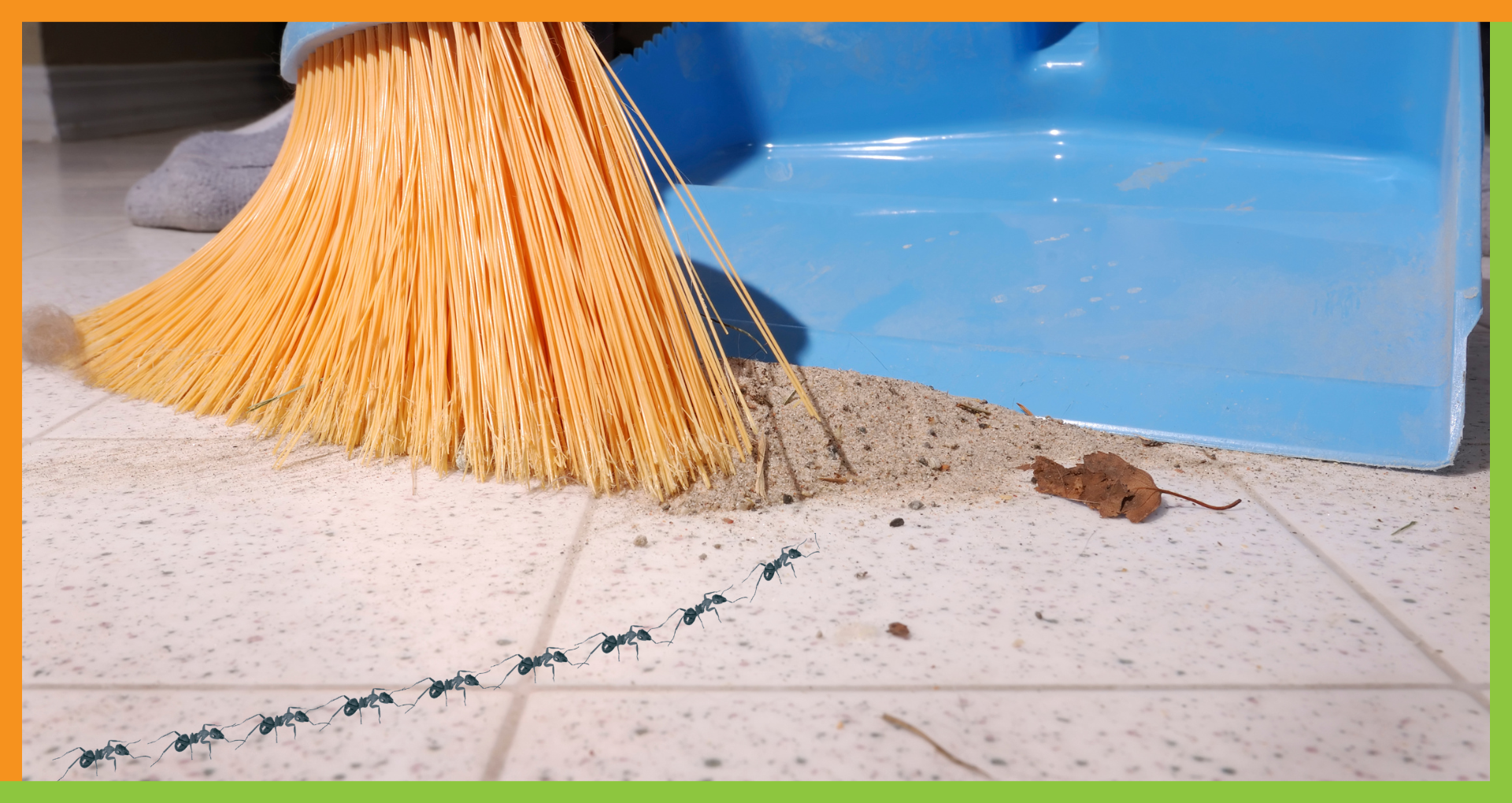
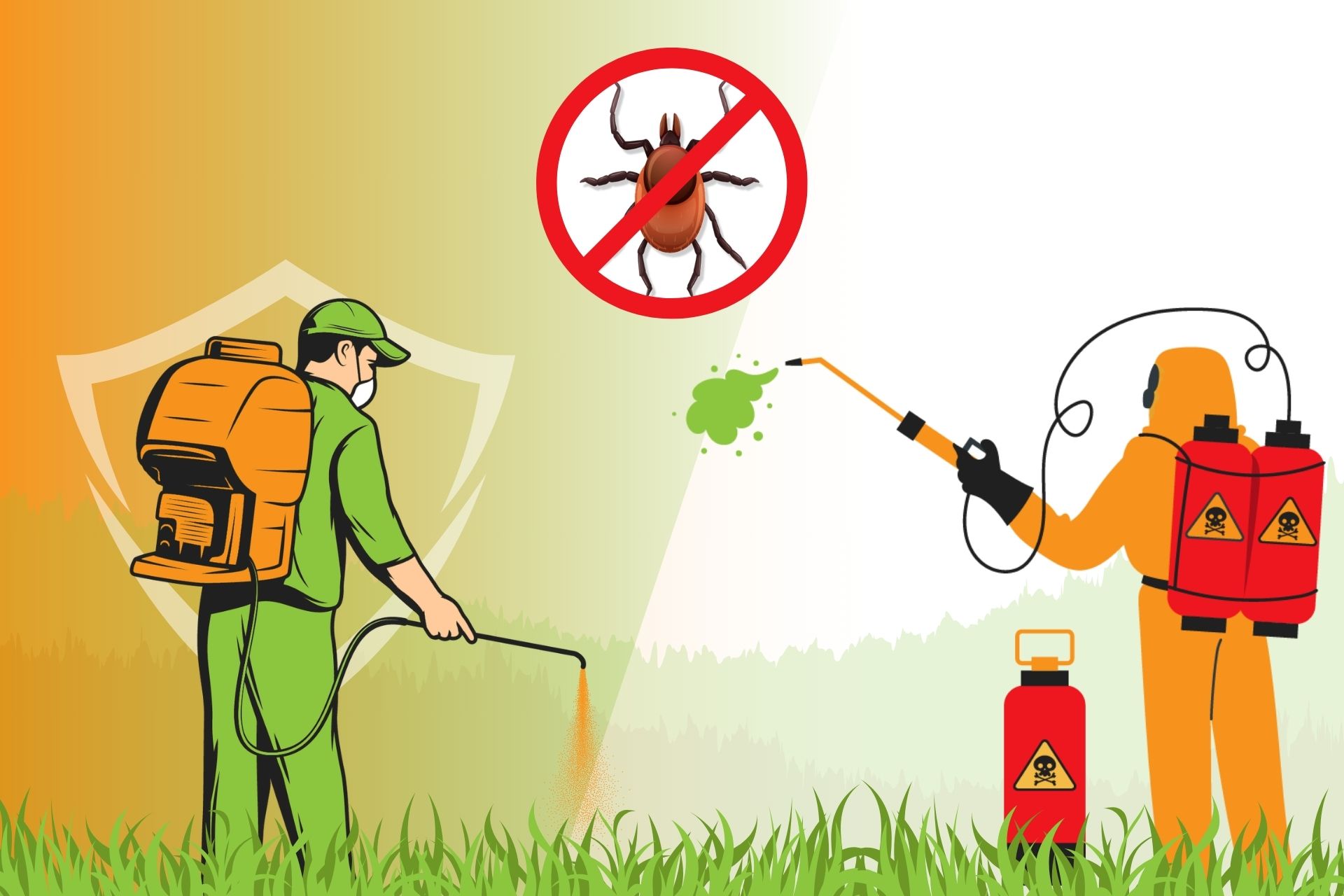
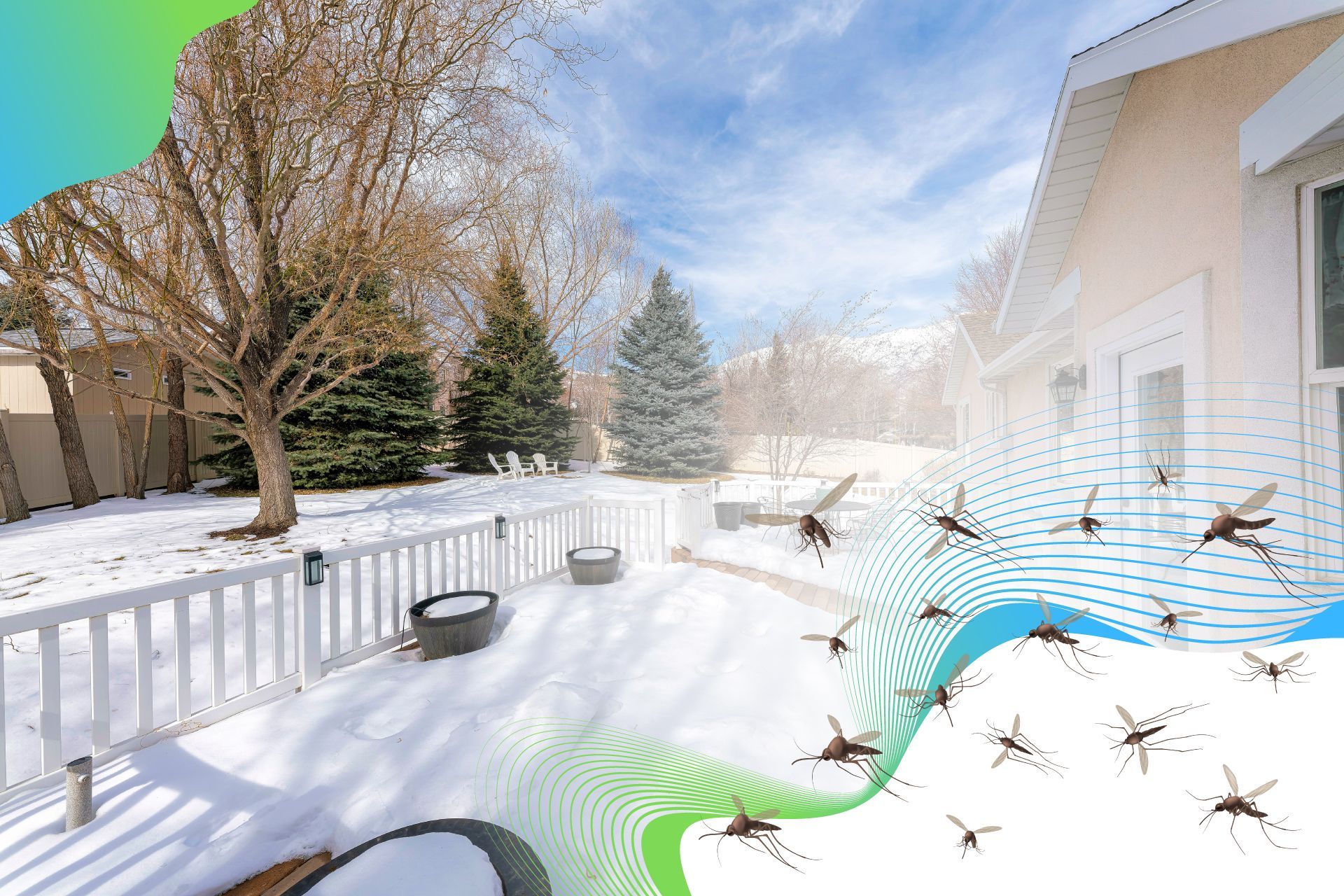
626 Park Road, #5
Cherry Hill, NJ 08034
130 Hickman Road, Ste 11
Claymont, DE 19703
1-833-924-7378
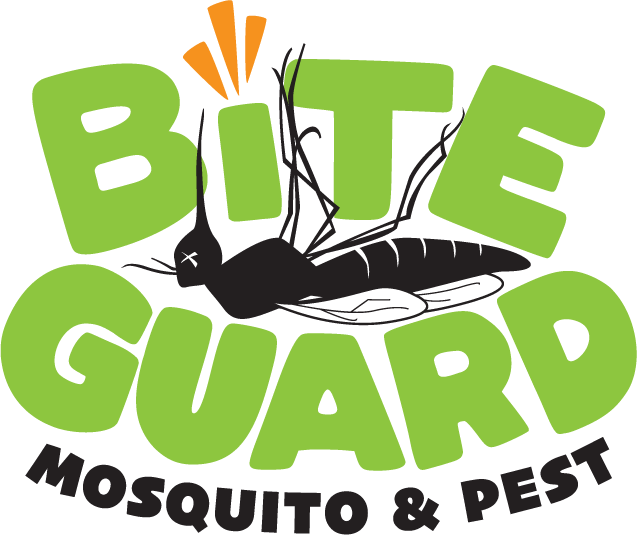
626 Park Road, #5
Cherry Hill, NJ 08034
130 Hickman Road, Ste 11
Claymont, DE 19703
1-833-9-BGPEST
1-833-924-7378
All Rights Reserved | Bite Guard Mosquito & Pest
